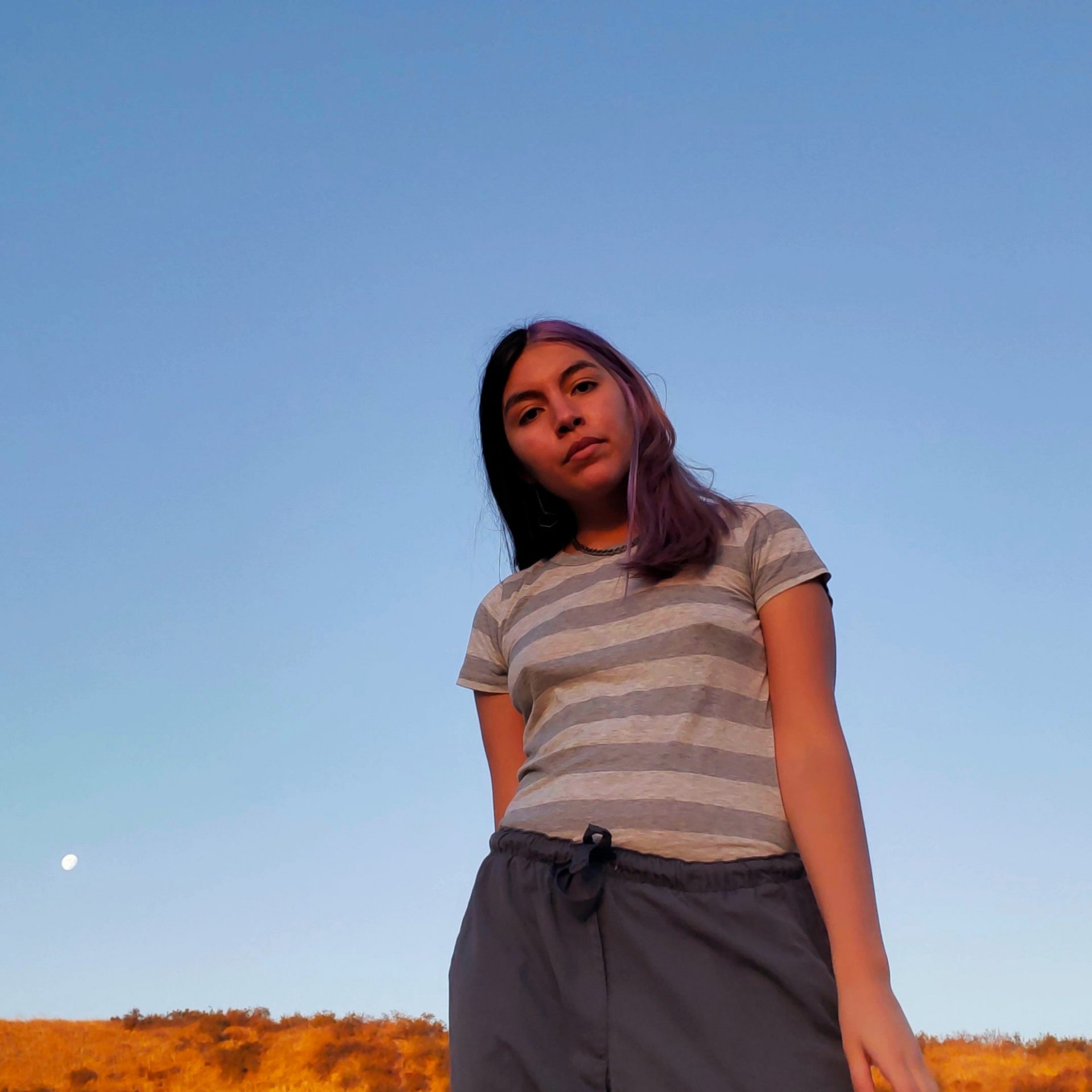We have all had that thought about what it would be like to be the next chart-topping musician. To be the next big rapper, pop star or performer. We’ve all had fantasies about the excitement of adopting that lifestyle, leaving behind the ordinary. Hardly do we ever think about how practical living that life would be. Even less frequently do we step into the shoes of our own favorite artists, imagining what influenced them to make that leap we often think about. How sensible could it be to forgo furthering one’s education in place for pursuing a career in music?
Many high school graduates have made that choice for themselves. It’s not uncommon for today’s teens to deem that lifestyle attainable when in reality it is more often than not fruitless and unrewarding. Combining the simplicity of producing music in 2021 with the access everybody has to a microphone in their phones, it is not surprising to see a rise in independent artists. COVID-19 has only impelled more people to take up music in their free time. A number of people have taken the opportunity they have been given through lockdown to take their own fair shot at becoming an artist.
Others have balanced both advanced schooling and work while chasing their dreams of becoming musicians. Having a safety net to fall back on from the precarious state of the music industry is one of the smartest things an aspiring musician can do. Two different artists from opposite ends of the music landscape agreed. The way of life they love is unpredictable and insecure, yet their passion for it is what has propelled them.
“A lot of it can be stressful, grueling work for not a lot of pay or recognition,” independent artist Nicole Boychuk said. Boychuck is the last remaining member of the defunct screamo band I Hate Sex. She spent the 2010s making her own original music.

She spoke about the logistics of being a musician on her own time. “’I Hate Sex’ was getting close to being able to make the choice of doing music full-time or not, and we ultimately chose the latter,” Boychuk explained. “I look at other bands who chose to put more of their time and life on the line for the chance of being able to do music full-time and I have nothing but respect for them. It’s a difficult, and sometimes risky choice to make.”
Boychuk recognizes the risks that come with doing music without a corporate label behind you to do the heavy lifting. She said that the label she signed with was only for releasing music and nothing more.
It can be easy for young aspiring musicians to think all they need is a label and they are set. In reality, they may even struggle to get that far. Even when they get a label, that does not make things easier or make them instantly rich. This is something hopeful indie artists should be aware of. It is too easy to overlook the negatives of the musician lifestyle.
Look at the real numbers. On average, an artist will not even make a single penny per stream of their song. Apple Music pays most generously across all streaming platforms, $0.0056 per stream. That means that a single song will need to be played about 180 times to muster in even one cent. Spotify pays only $0.0032 per stream. These are the most popular streaming sites, and they are paying almost nothing to the countless indie artists.
Music does not just end up on streaming platforms either. It is the job of the label to make that happen, yet most indie artists don’t have that luxury. Services like TuneCore cost anywhere from $10 to $30, depending on the number of songs, to put them on Spotify and other streaming sites. That may not seem overly expensive but the return on investment could seem too unrealistic to achieve. To put that into perspective, an independent artist will need to have their song streamed over half a million times to earn back their $30.
Let’s consider this from a different perspective, that of the business. Spotify has expenses. For all the money that they make, 60% goes to record owners, 10% to the owner of the publishing copyright, and Spotify keeps the rest. The real amount of money that independent artists get from services like Spotify can be too little for lesser known musicians. Their best bet is to skip the streaming and prioritize merch and album sales.
Ordinarily, independent artists are not living strictly off their music-based incomes. They simply can’t. For years now, independent artists have been speaking out against the payment methods of streaming sites. Music is a passion for independent artists, that’s why they do it. Monetizing their passion is what creates a struggle.
According to the Occupational Outlook Handbook, employment of musicians is only expected to grow 1% from 2019 to 2029. Not many new opportunities are opening up in the musician job market. Instead, independent musicians have to rely on other jobs to survive.
Another solo artist knows the struggles that come with being independent. Porkboii is a 24-year-old college graduate working a full-time job, doing music as a side project. She’s been making music throughout college and found it difficult to work with other people as a band, so she went solo.

“I think I could definitely make music full-time, but I know I would have to stick to what works. Like if there’s a song I write and I like, it may not do well on Spotify or Apple Music,” Porkboii said. She added that the music she likes to make will not do well enough on streaming to give up on her current job.
Neither artist said that music was paying their bills. Rather, it was a passion that often demanded sacrifices to keep it going. Many young artists fail to notice that if they want to make music as their only income, they too will need to make sacrifices.



